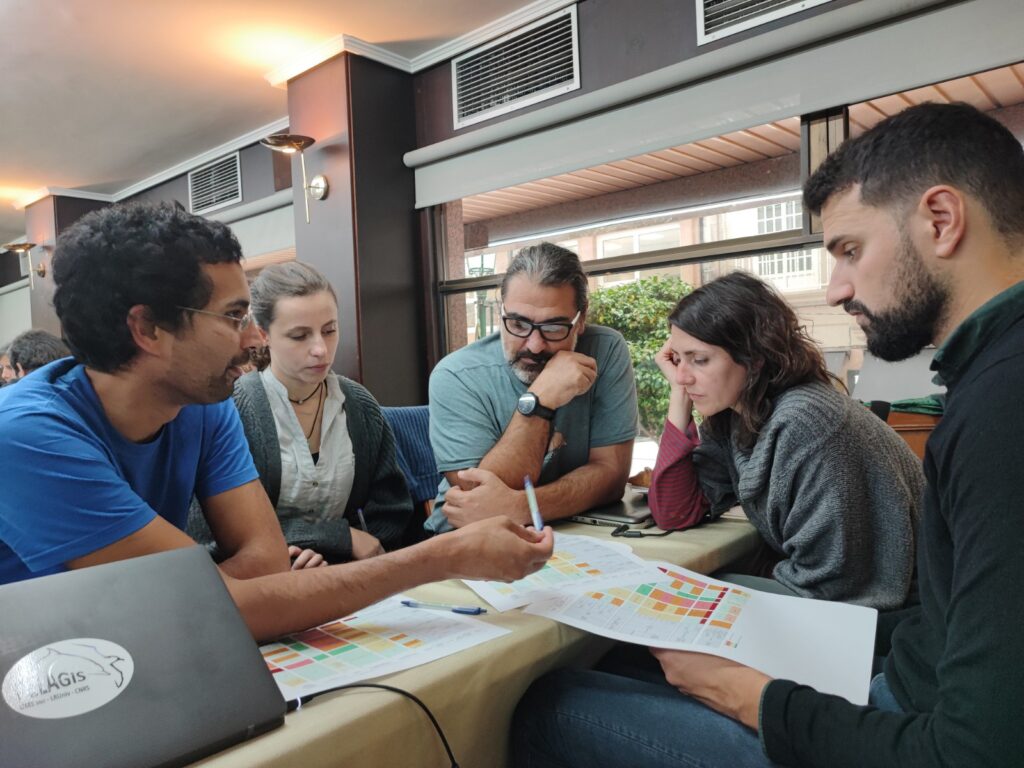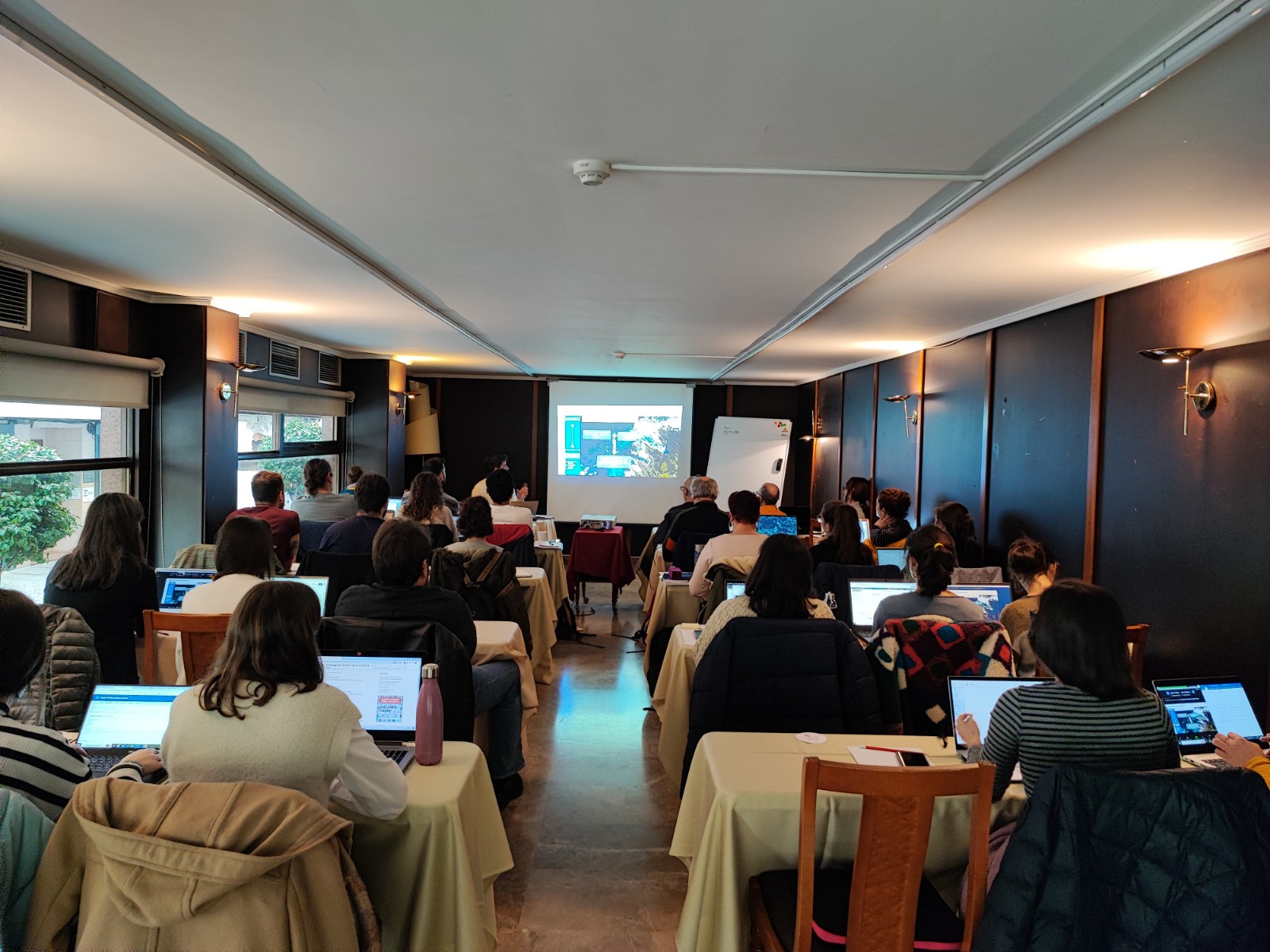As part of the project’s actions, an internal workshop was organised to discuss cetacean bycatch monitoring schemes in Spain, France and Portugal. This workshop, held in Vigo (Galicia), was organised by the Spanish Institute of Oceanography (IEO-CSIC) and the Institute of Marine Research (IIM-CSIC) and brought together CetAMBICion partners from the three countries that form... Read more »
As part of the project’s actions, an internal workshop was organised to discuss cetacean bycatch monitoring schemes in Spain, France and Portugal. This workshop, held in Vigo (Galicia), was organised by the Spanish Institute of Oceanography (IEO-CSIC) and the Institute of Marine Research (IIM-CSIC) and brought together CetAMBICion partners from the three countries that form the consortium (FR, ES, PT) to address bycatch monitoring and mitigation and work towards a coordinated monitoring strategy.
This workshop is part of the work package that aims to elaborate a proposal for a coordinated assessment and monitoring of cetacean bycatch, although other monitoring programmes such as abundance monitoring were also discussed. To this end, during the project, the bycatch sampling programmes currently implemented in the Bay of Biscay and the Iberian coast were analysed in order to propose a common coordinated strategy and protocol for this sub-region.

To this end, firstly, the available information has been reviewed in order to identify the gaps in knowledge. In addition, this work has been carried out considering the characteristics of the fleets of each country, the areas and fishing gears at greatest risk, the different methodologies for monitoring bycatch, such as observer nets (physical and electronic) and stranding nets; the methods for assessing good environmental status and the calculation of bycatch thresholds.
Considering the differences in bycatch monitoring programmes currently implemented in the area, possible improvements that could be implemented to increase and harmonise the collection of catch data taking into account the fishing gears and areas of greatest risk were discussed. In addition, a common methodology for determining catch limits for cetacean species of interest based on the work carried out in the framework of OSPAR was discussed and proposed.
Two tools designed by the University of La Rochelle for the collection and analysis of sightings data were also presented as improvements for cetacean abundance estimation programmes.
The conclusions of this workshop will be reflected in the different reports that are being elaborated for each task defined by the project.
THE PROJECT
The CetAMBICion project, coordinated by the Institute of Marine Research (IIM-CSIC) and involving 15 partners from Spain, France and Portugal, aims to strengthen collaboration and scientific work between the three countries to estimate and reduce cetacean bycatch in the Bay of Biscay and Iberian Coast sub-region, in close collaboration with the fishing sector.
The initiative is part of the European Commission’s DG ENV/MSFD 2020 (Marine Strategy Framework Directive) call and the objectives are also aligned with the Habitats Directive and the Common Fisheries Policy.


